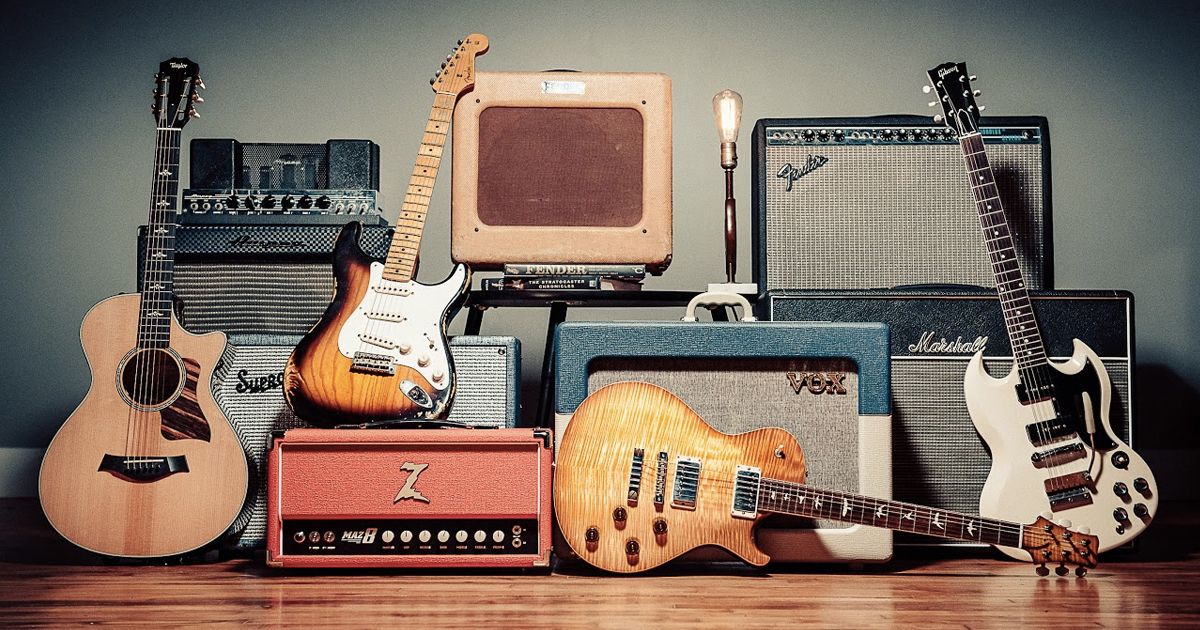Stephanie Taylor Christensen
If you own musical instruments, they’re likely covered under your existing home or renter’s insurance policy — but only up to about $2,000 total, according to the Insurance Information Institute. Considering a single instrument can be worth much more than that, you’ll probably need extra coverage for that baby grand piano or collection of rare instruments.
Extra home insurance coverage
If you want to use your existing renter’s or home insurance policy to boost coverage for musical instruments, consider adding a floater or endorsement. Floaters and endorsements are extra coverage tacked onto your policy. They protect specific items, according to the Insurance Information Institute, and each item is listed on your policy with a separate coverage amount. This kind of protection usually doesn’t involve a deductible and may cover the instrument’s full replacement value, rather than just its “book value.”
According to the Insurance Information Institute, a floater or endorsement will cover the instrument not only while it’s in the home, but while it’s traveling with you. Prices for floaters and endorsements vary, depending on the type and value of the instruments, where you live and how the items are stored and kept.
If you’re looking at adding a floater or endorsement, the Insurance Information Institute recommends first having your instrument appraised. Forward a copy of the receipt to your insurer and keep one for yourself in your home insurance inventory.
Specialty coverage
Another insurance option for musical instruments is specialty coverage designed for professional musicians. Such policies cover musical instruments in the home and on the road. They often have lower deductibles than home insurance policies do. MusicPro, a specialty insurer for touring musicians, for example, offers deductibles as low as $100 per loss.
Coverage often will span risks that aren’t protected under traditional home insurance policies. For example, policies offered by musical instrument insurer Anderson Group cover your instrument if you drop it or if it cracks. Moreover, Anderson Group points out, most home insurance policies don’t cover earthquakes or floods — and, therefore, wouldn’t cover your instrument if it’s destroyed in one of these disasters.
Coverage levels and policies vary. Renting your instrument out to others, for example, will lead to an increase in premium, according to Anderson Group. You also must decide whether to insure your instrument for its cash value (which takes depreciation into account) or replacement value (which pays the cost of buying a new instrument of similar value).
